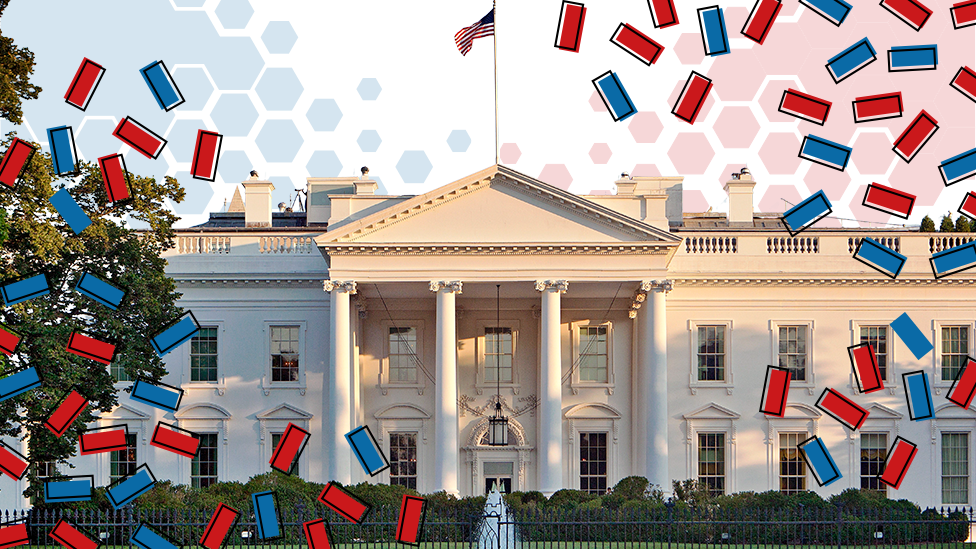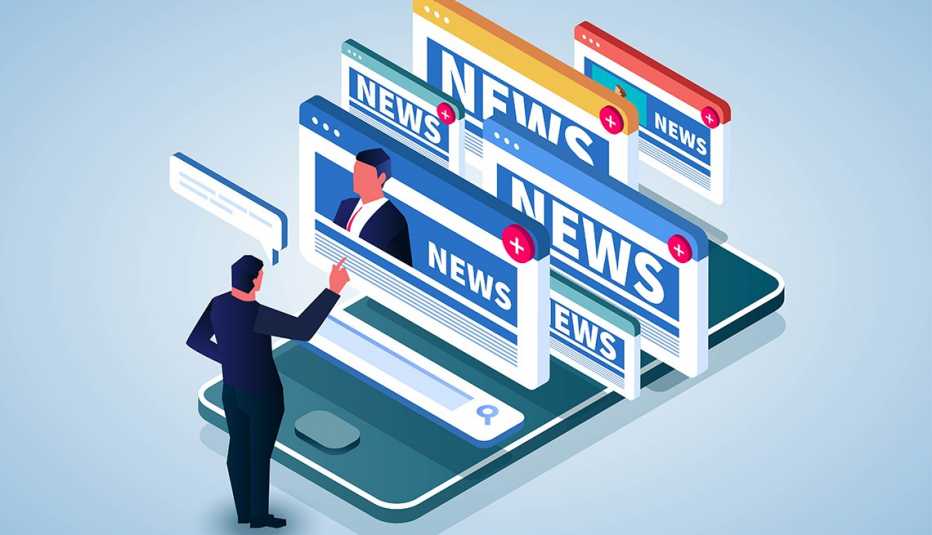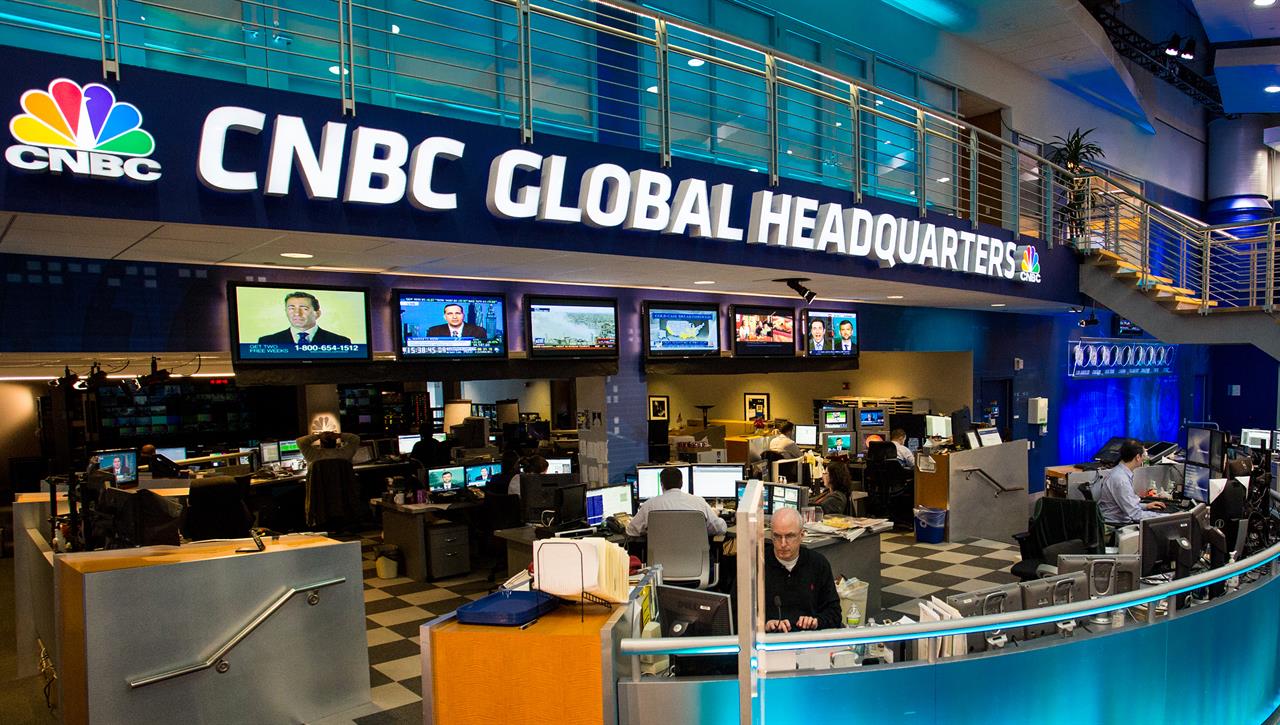Even though the presidential election of 2024 is still over a year away, AI is already making waves in American politics, particularly in official government institutions and candidates’ campaign spheres. Experts predict that politicians eager to build up their battle chests won’t need to staff their presidential campaigns up to the brim anymore due to AI’s capacity to take over various tasks.
According to analysts, these technological integrations will likely stay behind the scenes because many Americans distrust the political establishment, there are no controls for AI, and deepfakes are becoming more of a problem.
President Joe Biden has previously issued an executive order about “safe, secure, and trustworthy” AI, although rules to control AI might be delayed. Meanwhile, AI is making progress, with both positive and negative outcomes. The very fabric of governance and politics is beginning to crumble.

Presidential elections of 2024 are just around the corner, and artificial intelligence (AI) is already making noise in the race, mostly through its use in government agencies and the campaigns of candidates and officials. Although AI can influence election outcomes, experts predict that these technical advancements will stay hidden due to the widespread mistrust of politicians and the absence of legislation governing AI.
What does the future hold for elections that use AI, both this year and beyond?
According to United States of Care’s chief communications officer, Kevin Pérez-Allen, AI will be useful for studying voting trends, creating resident messages, and assessing social media behaviors, among other things—a nonpartisan healthcare advocacy organization.
Having worked in political campaign communication for decades, Pérez-Allen has witnessed the evolution of campaigning in response to technological advancements. For example, he mentioned that ChatGPT is currently being utilized to create initial versions of speeches, campaign promotional materials, fundraising emails, and SMS.
According to Pérez-Allen, AI is capable of replicating a lot in the realm of campaigns. However, he did note that while this is happening in certain areas like writing, data analysis, and information collection, it “can’t replicate people walking districts, can’t replicate that in-person voter engagement.” Pérez-Allen, however, claimed that massive staffing efforts will be unnecessary in the future due to how AI can streamline tasks.
Campaigns with AI:
An expert in government AI integration, Sinclair Schuller co-founded and managed the practice at Nuvalence. He can’t help but consider the potential dangers of AI in electoral processes. Schuller said a great deal of propaganda, promoting and discouraging candidates, will be produced. “A lot of uncertainty will arise from that, in my opinion.”
Deepfakes are what Schuller means when he talks about fake videos, images, and sounds created by artificial intelligence. He claimed that in political campaigns, “whoever shouts something first sticks” and that fringe political figures and supporters could quickly fabricate and disseminate deepfakes that unfairly portrayed opponents.
It’s already happening at the national and even local levels of politics. A deepfaked film showing Paul Vallas, a candidate for Chicago mayor in the 2023 election, appearing to support police brutality, surfaced during the primary election in February of that year. And in the end, Vallas was not victorious. How significant an effect this video has is hard to pin down.
According to Schuller, the goal is to eventually get to a point where “we can’t trust it” unless there is a verified connection to the source. Meta has lately revised its policies regarding advertisements during political campaigns.
The fight against fake news and the detection systems that aim to stop it will heat up. Because it may be applied during the publishing of the content rather than waiting for individuals to have already absorbed and believed the information, using AI to detect and flag AI-generated content is preferable to retroactive fact-checking content, according to Schuller.
Following a period in which some of the biggest tech companies have been laying off workers dedicated to combating disinformation, the necessity to monitor online material has emerged. Social media won’t save us from AI-generated fake news in 2024, according to Eric Schmidt, ex-Google CEO and co-founder of Schmidt Futures, who spoke with CNBC recently.

This is a fact that even Pérez-Allen, who says she is an optimist about using AI in elections, acknowledges. He added that ” military conflicts are going on right now around the world” where accusations are being exploited to gain an advantage. “And that kind of communication is only going to get more common as the 2024 election draws near.”
Potential Benefits of AI in Politics:
If rules permit, incorporating AI into the electoral process could have a good impact. The voting bloc monolith story emerges with each election cycle, according to Pérez-Allen. He observed that “as though they all think the same,” people tend to group Latinos, Black voters, and suburban women into one large group. That story could be ruined by AI’s ability to make highly targeted political campaigns that target specific areas and individuals.
At the same time, it can potentially make information more accessible. Pérez-Allen stated that with the platform’s AI chatbot, users would feel they had a direct channel to the campaign rather than simply reading about someone’s policy opinions on their website.
He considers Latinos and other members of various communities who would benefit from having access to campaign materials in their native tongue. Transcreation, which takes into account the subtleties of the translated message rather than only the accuracy of individual words, and in-booth translation are two further areas that might use the help of AI.

Rules and regulations are necessary for this to happen. Despite the media attention, there is no clear way to implement Biden’s executive order. Think tank member and VP of public sector strategy of online identity verification service Socure, Jordan Burris, also serves on the Identity Theft Resource Center board. “Without the proper feeling of urgency and alignment to execute, the directive’s ambitious goals will cause implementation to be complicated and paralyzing,” Burriss said. “Reaching our goal of turning the corner will require more than just words on paper; it will necessitate a shift in priorities, values, and methods.”
Regarding Congress’ capacity to handle technological matters, Pérez-Allen cites their collective failure to comprehend new (and, at times, long-standing) technologies as evidence of their reluctance to regulate social media. The most up-to-date legislation about social networking is “Section 230 of the Communications Decency Act of 1996.”

The former CIA agent and current congressman from Texas, Will Hurd, who ran for president in 2024 and proposed a policy framework for artificial intelligence, has decided not to run again. As long as “a massive AI-caused disaster at home or abroad” doesn’t happen, Pérez-Allen doesn’t think any other presidential contenders will publicly address the issue.
Incorporating AI into real elections would lead to a “full-blown crisis,” Pérez-Allen warned, considering the criticism mail-in voting has received in recent years despite its long history (several states relaxed absentee voting limits in the 1980s).
Aside from the political sphere, government organizations have begun utilizing chatbots to handle basic inquiries. The Department of Labor is employing artificial intelligence (AI) for specific job duties, including benefits claims authentication, and everyone involved is benefiting from it, according to Julie Su, Biden’s interim secretary of labor, who recently spoke with CNBC.

According to Schuller, “In the next one to maybe two years, we’ll see these chatbots attached to systems of record.” This might allow agencies to utilize AI more intricately, for instance, to detect license application fraud and other purposes. Additionally, he mentioned that the large language model is “becoming more of a large anything model” and can understand uploaded charts and other images to assist with query guidance.
Common considerations like ease of use, customization, and accurate data may take on new forms with the help of AI as we approach the 2024 election.




